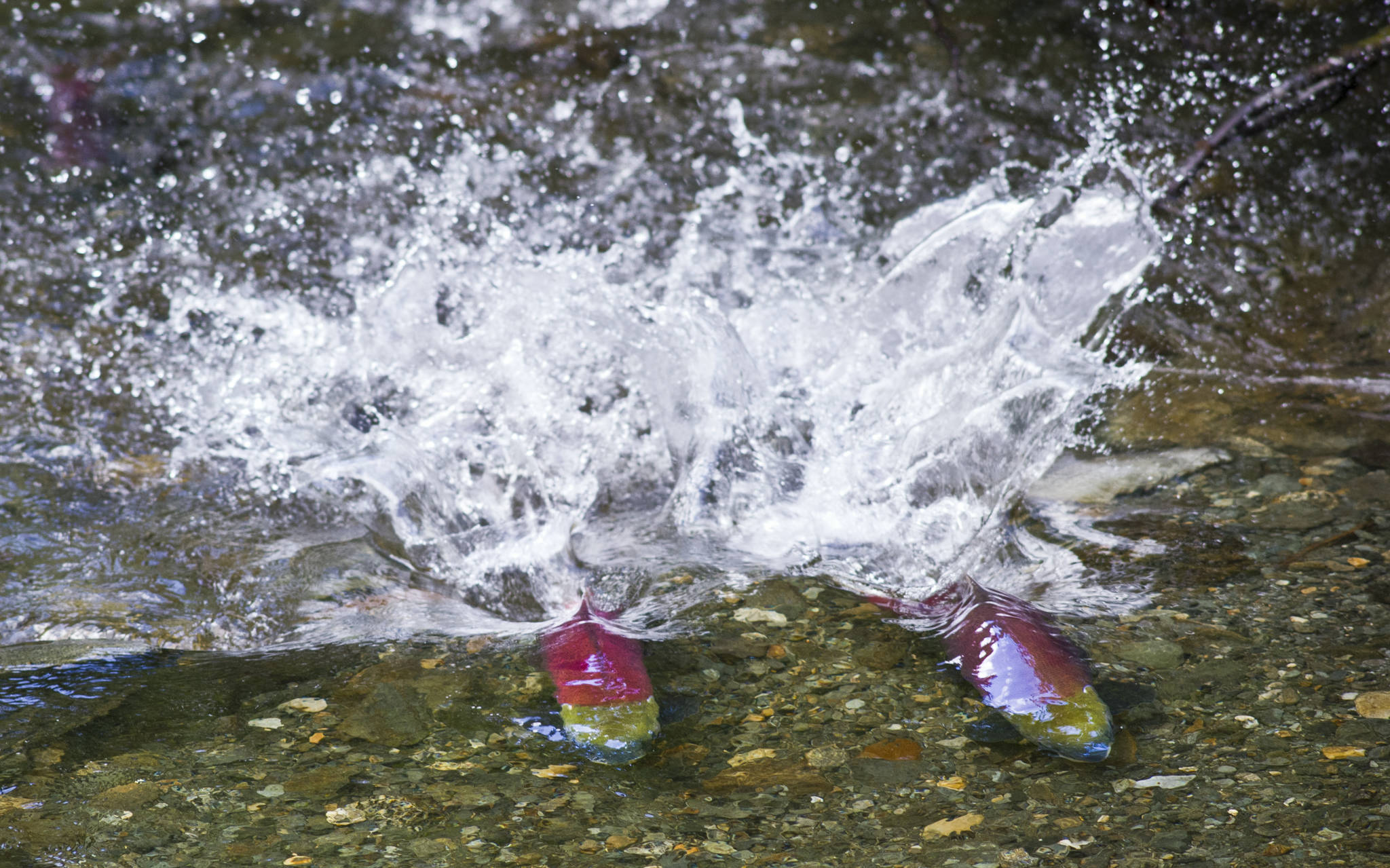With support from Sen. Lisa Murkowski, Congress is preparing to renew a ban on the importation of genetically engineered salmon.
On Friday, the U.S. Senate Appropriations Committee unanimously approved a bill funding agriculture and the U.S. Food and Drug Administration for another year. Included within that budget bill, which now faces a vote of the full Senate, is a provision renewing the ban.
“This is important stuff to our local economies,” Murkowski said before the committee approved the bill.
The target of the bill is a fast-growing engineered salmon approved for human consumption by the FDA in 2015. That salmon, known as the AquAdvantage, is produced by AquaBounty Technologies. The salmon is fertilized in Canada and farmed in Panamanian pens.
The company plans to sell the fish in the United States, but in late 2015, Murkowski inserted a provision into an FDA funding bill that bans its importation until the FDA requires it to be labeled as engineered.
That hasn’t happened yet; the FDA has thus far made labeling voluntary.
If Murkowski’s provision is signed into law, the importation ban would continue until the FDA mandates labeling for the genetically engineered fish.
While there is no evidence that consuming the fish is harmful to human health, Alaskan fisheries experts have said that uninformed consumers could be scared off from buying wild salmon if there is no distinction on store shelves.
A 2016 report compiled by the McDowell Group for the Alaska Seafood Marketing Institute concluded that Alaska’s wild salmon fishery employs 38,100 people directly and indirectly, generating a $7 billion economic boost.
In a statement Friday, Murkowski said, “Seafood is vital to our state’s economy, and Alaskans will not accept that GE salmon, or ‘Frankenfish’, be sold to anyone without clear labeling. Consumers deserve to know what they are eating, especially when it’s not the wild-caught, healthy, sustainable real thing.”
Contact reporter James Brooks at james.k.brooks@juneauempire.com or call 523-2258.

